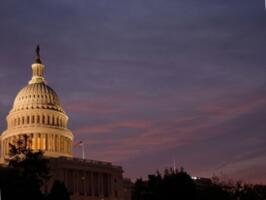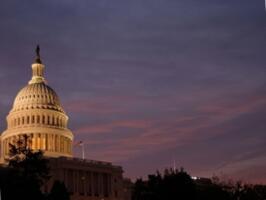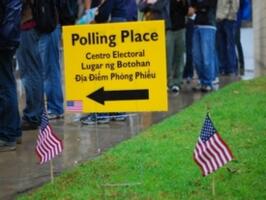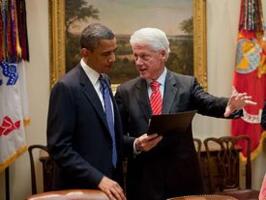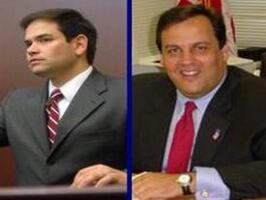Voters Are Angry, Especially at Congress and Bailed-Out Banks
There’s a lot of anger in America today, but voters seem to reserve a special place in hell for Congress and the large banks bailed out by the federal government.
Rasmussen Reports in its latest national telephone survey asked Likely U.S. Voters how angry they are at five segments of society regularly in the news, and most voters expressed at least some anger at all of them. But the intensity of that anger was strongest for Congress and the bailed-out banks.
(Want a free daily e-mail update? If it's in the news, it's in our polls). Rasmussen Reports updates are also available on Twitter or Facebook.
The survey of 1,000 Likely Voters was conducted on November 5-6, 2011 by Rasmussen Reports. The margin of sampling error is +/- 3 percentage points with a 95% level of confidence. Field work for all Rasmussen Reports surveys is conducted by Pulse Opinion Research, LLC. See methodology.




